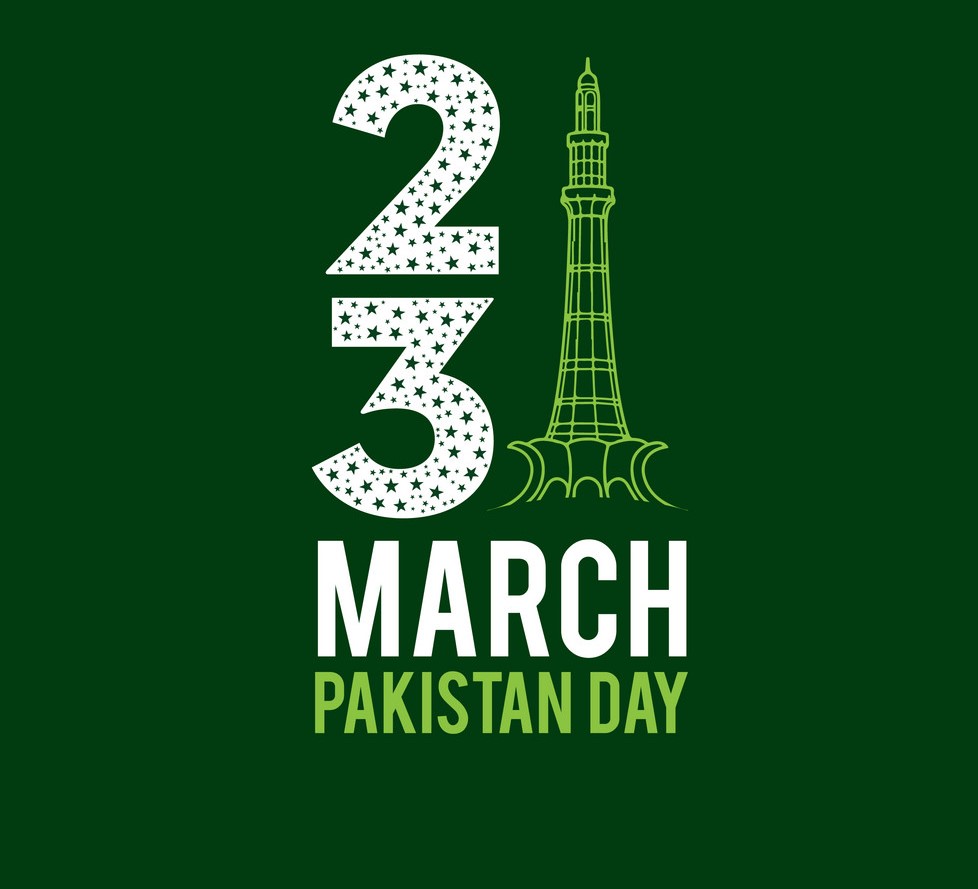23rd March 1940 holds great significance for the Pakistani nation. It marks the day when Indian Muslims showed their firm intent to practice their right of self-determination and secure a better future for the next generation. Seven years down the lane, an independent state in the form of Pakistan emerged on the world map. Today, ‘Minar-e-Pakistan’ stands tall at the site where the Lahore Resolution was passed and is reminiscent of the efforts and sacrifices of the founding fathers.
Over the years, Pakistan has seen many ups and downs. However, the spirit of the historic day remains high. The day is always celebrated with zeal and zest throughout the country. Various events are organised by the Government of Pakistan (GoP), Armed Forces, civil society and media to honour and revive the spirit of the Lahore Resolution. These celebrations reinvigorate patriotic vibes and highlight the importance of our beloved country.
While it is essential to commemorate this day with full enthusiasm at the state level, it is equally necessary to observe it on an individual level. As a nation, numerous achievements make us proud and motivate us to do better for the homeland. However, the day should be a moment for self-assessment and evaluating our individual role in the larger picture when it comes to the future of this great land. It is a time to contemplate whether individually, we have turned out according to the vision that was laid out when the idea of Pakistan was put forward all those years ago.
One should be mindful that individuals make (or break) the state. Unless and until, they decide to set their direction straight, the country cannot progress. Therefore, it is imperative to identify areas where individual citizens can contribute to the state’s well-being. Such a list can be never-ending, however, nurturing a sincere value system needs to be particularly prioritised. Honesty, integrity, patience, tolerance, respect, equality and civic mindedness should serve as core values for us as citizens. This is easier said than done. It is something which requires considerable effort from each and every member of society.
Every day, numerous decisions are made. It is the individual values which guide decision-making and influence our actions respectively. Subsequently, actions shape outcomes. Those outcomes achieve success or failure accordingly. Hence, the progress of individuals and states is guided by the values they adopt. Individual and societal values play an essential role in the effectiveness and performance of various state institutions. Institutions will fail to perform effectively unless the underlying values required to run them are not practised. This indicates that individual efforts play a critical role in strengthening the roots of a state.
Deviation from one’s core values, as mentioned earlier, can bring disastrous long-term consequences for individuals and state. If we want to see Pakistan prosper with better infrastructure, quality education, good health services, stable economy and a sustainable environment, it is imperative to ensure that our values are aligned with the interest of the state – unity and harmony.
While it is our utmost duty to practise and adhere to good values, it is equally central to promote these values in the younger generation, who will grow up to be the future leaders of Pakistan. There is a saying that ‘Values are caught, not taught’. It is the responsibility of parents and elders to foster such an environment where strong moral values are nurtured and grow. If the importance of values is not inculcated in young minds at an early age, it will impede the development of the state in years to come.
We, as citizens, often forget that ‘we’ are the ultimate power of the state. The future of our nation is tied to our values and dedication to our homeland. Therefore, it is imperative to strengthen our country from within. As we celebrate Pakistan Day this year, we should be mindful that we need to own our country in its true essence. Consequently, as responsible citizens, we must present the best version of ourselves for the prosperity of Pakistan.
Shaza Arif is a Researcher at the Centre for Aerospace & Security Studies (CASS), Islamabad, Pakistan. She can be reached at cass.thinkers@gmail.com




